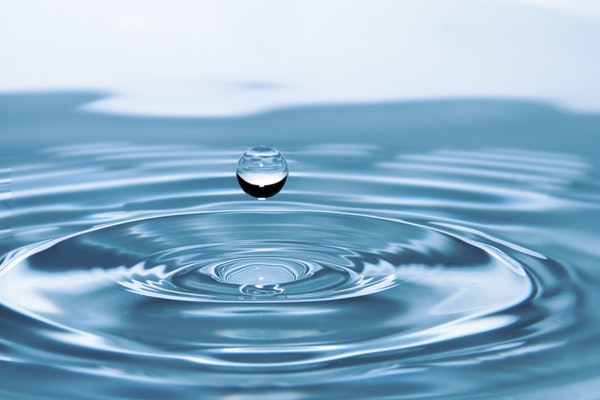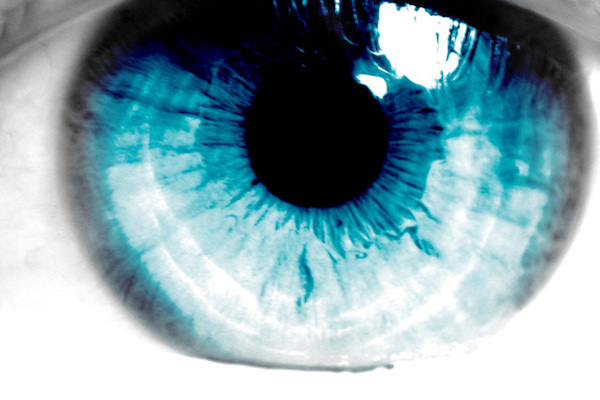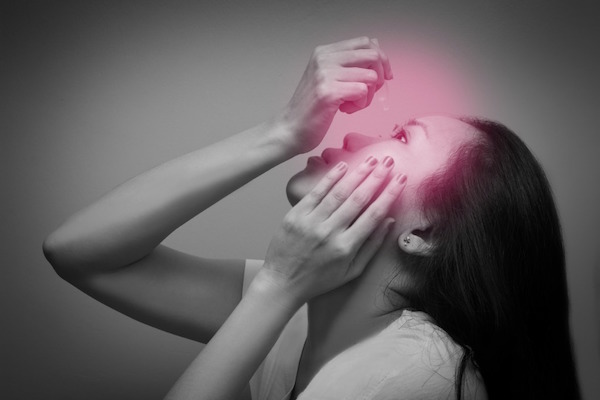
Increased Hydration Linked to Dry Eye Improvements
Because of our not-so-great beverage choices, most of us are dehydrated and we don’t even know it
For those out there struggling with dry eye, a rather recent study suggests that dry eye symptoms can be improved with increased hydration. Per this particular study, the subjects were divided into two groups, then instructed to hydrate their bodies either habitually or therapeutically.
Over the course of the one week study, the group that hydrated therapeutically saw slight improvements in their Dry Eye Questionnaire (DEQ) test results. As a result, the study concluded that “subjects get multiple ocular benefits from increased hydration,” even though their dry eye symptoms didn’t improve much.
From the wording of the article, it seems as if the benefits of hydration are ever so slight. But to me, something larger is at play. Within one week, researchers were able to see “ocular benefits from increased hydration.” The article also noted, “more subjects and a longer course of study are needed,” but I already see a pattern developing.
Might I assume that slightly more “ocular benefits” would be noticed after two weeks of therapeutic hydration? What about after a month? Or even a year? Simply put, hydration may be a good habit to get into, and it may even be useful in treating dry eye.
Benefits of Proper Hydration:
If you aren’t aware of the benefits of proper hydration, then there’s a good chance you haven’t been paying attention. Now, I may be passing along common knowledge, but I encounter several people, almost on a daily basis, who like to drink anything but water. Drinks of choice include: coffee, soda, beer, energy drinks, sports drinks, iced tea, cocktails, etc. The old fashioned “glass of water” is seemingly nowhere to be found.
That being said, it doesn’t change the fact that the adult human body is roughly sixty percent water. It may be safe to assume that your body likely wants more of what it’s actually made of. Other beverages might taste better than water, and they all do contain some water, but hydration in it’s purest form is always the safest option.
Proper hydration from water may help with the following issues (among others):
- Headaches
- Digestion
- Skin Problems
- Allergies
- Chronic Fatigue
- Hypertension
- High Cholesterol
- Weight Gain
- Aging
A Simple Hydration Plan:
Because of our not-so-great beverage choices, most of us are dehydrated, and we don’t even know it. One way to figure out if you’re dehydrated is to pay attention to your thirst levels.
If you’re experiencing thirst, you’re already dehydrated. It’s as simple as that. If you are indeed dehydrated, there’s several things you can do to rehydrate, such as:
- Drink More Water – Stating the obvious here, but it is a cheap and easy solution. Try drinking one liter of water per fifty pounds of body weight, and stick with it for a while.
- Eat Hydrating Foods – Watermelon, cucumbers, celery, radishes, tomatoes, iceberg lettuce, pineapple, carrots, and a whole host of others.
- Get More Exercise – If you already exercise regularly, a sports drink with electrolytes may be of good use.
- Eat Those Chia Seeds – These little guys absorb a bunch of water, plus they’re loaded with Omega-3’s.
- Grab That Coconut Water – Make sure it’s fresh and watch out for high sugar brands.
- Use a Pinch of Sea Salt – Promotes a healthy balance between water and potassium levels in your body.
To conclude, if drinking more water sounds like a daunting task, try taking small steps. If you’re already drinking enough water, maybe the quality of the water you’re drinking can improve.
Try switching to filtered or mineralized water if you think you need an upgrade. And always keep in mind, increasing your overall water intake is an excellent way to improve your overall health.







